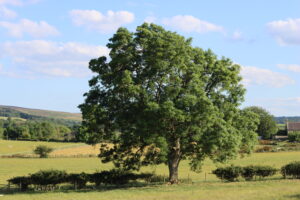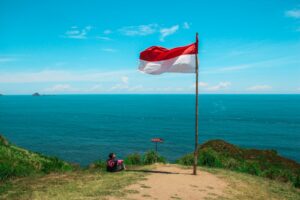Tourism and the natural environment can be managed in ways that benefit both, according to a new research report led by the University of Exeter and funded by the UKRI’s Strategic Priorities Fund.
While the tourism industry brings in many economic benefits, the Covid-19 pandemic and a subsequent rise in domestic holiday-making are fueling environmental concerns.
In light of this, researchers examined ways to foster a positive relationship between tourism and the natural environment to help protect and restore nature in Cornwall and the Isles of Scilly.
The researchers identified the following ideas:
- A Scilly Pledge to raise awareness and appreciation of Scilly’s environment and culture, encouraging responsible behaviours.
- A baseline assessment and monitoring programme to understand the changing ‘State of Nature’ in Scilly.
- Ways to raise charitable donations from visitors to help maintain Scilly’s natural environment including promotion of the Friends of Scilly Wildlife Scheme
The project also identified the following areas for further development in Cornwall:
- Nature encounters led by hospitality staff.
- Supporting local networks of nature-friendly businesses and inland tourism.
- Opt-out visitor gifting for nature’s recovery
Professor Jane Wills said: ‘The pandemic has boosted the selling power of the natural environment of Cornwall and the Isles of Scilly. We know that record numbers of people are wanting to visit and at the same time, we know that it is more urgent than ever to protect and restore our precious ecosystems.
‘This research project has identified new initiatives that can help us generate positive synergies between the visitor economy and nature’s recovery. For the Isles of Scilly, we explored support for a Scilly Pledge that would engage and educate visitors about the environment, promoting pro-nature behaviour.
‘This would be accompanied by a robust measurement and monitoring system to track changes in the natural environment over time. For Cornwall, we explored ways to engage visitors in understanding and appreciating the natural environment through training for hospitality staff who can then lead local activities, with links to nature-recovery projects and the development of inland farm-based attractions. Our hope is that these ideas can be further developed by the project partners who are well-placed to pioneer regenerative tourism in future.’
Photo credit – Karen Uppal













